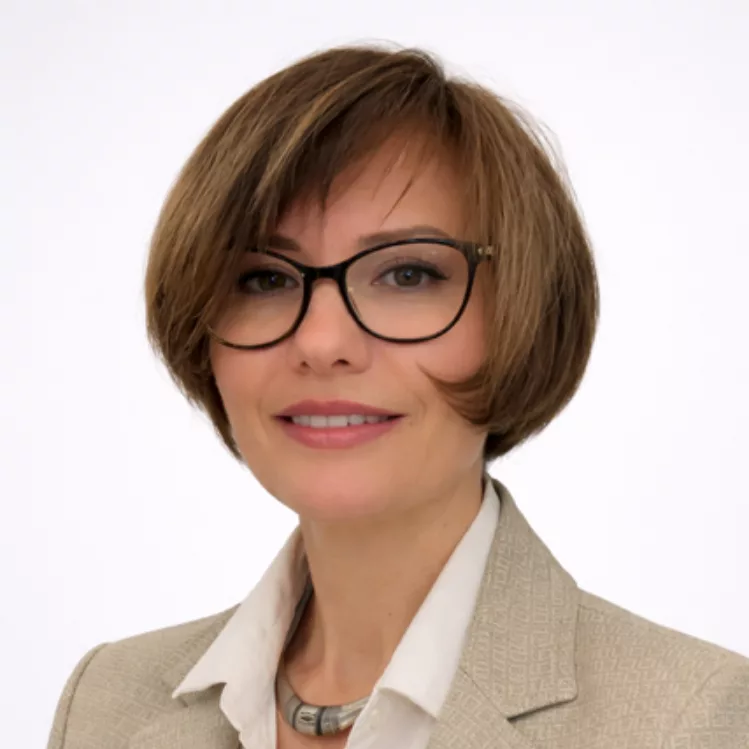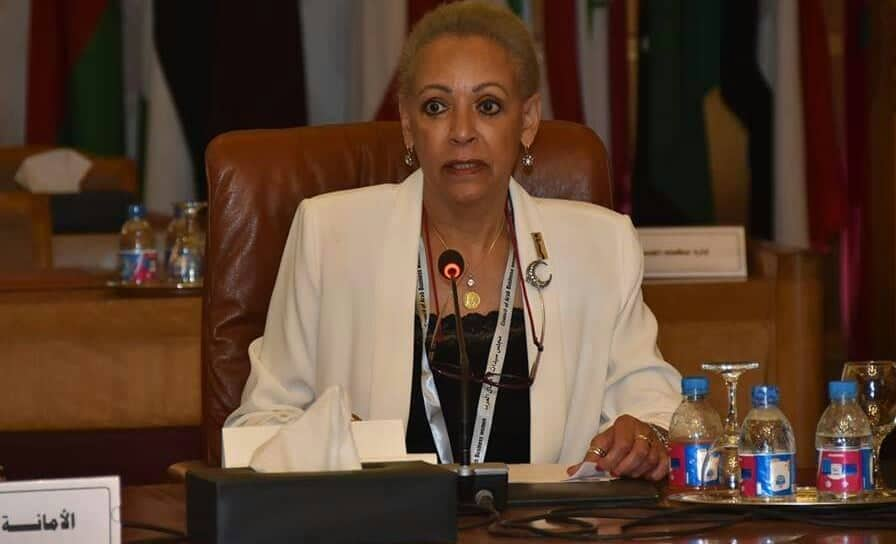
Princess Sheikha Hissah Saad Al-Sabah – “I wasn’t brought up with a silver spoon”
Princess Sheikha Hissah Saad Al-Sabah
I wasn’t brought up with a silver spoon
Sheikha Hissah Saad Al-Sabah was born on August 4, 1950. She is the second daughter to Saad Al-Salim Al-Sabah the 14th Emir of the state of Kuwait. However, this woman is not an ordinary princess from far away land. She is a revolutionist and first woman to open her own business in Kuwait. She has fought for drug prevention since 1990, has united women in 22 countries under one “Arab Businesswoman Council” flag since 1999 and remains president of the council till this day. She is a true global woman, that travels the world with a mission to help all women in need and to eliminate poverty.
[rml_read_more]
Can you tell us about your experience as a young girl, your dream, your vision and of course living in a boarding school? How did that shape your personality and made you to who you are today?
I did my undergraduate studies in Nice with my grandmother, who taught me not depend in who my father was. That is where I learned self-love and became my own best friend.
After graduating from the university, I went back to Kuwait. I always loved business, but it was not accepted for women to start their own business: they could only inherit cooperate from fathers. Nevertheless, I decided to create my own fashion company. At first I faced a lot of resistance from my father because it was a taboo and the fact that I was from the royal family made it even more difficult. However, I managed to convince my father. He accepted my decision and gave me his trust. After just one year other girls started to open their own fashion stores following my example: it became a trend.
As I look back, I understand, that I followed my father’s footsteps. He came to England to study at Hendon School of Police. He understood the importance of education and he pushed his children to get the best education possible. When I came up with the idea to create ARO Businesses Women, he supported me. Every time I had a problem he said –‘’keep on going’’. And I kept going for the next 19 years.
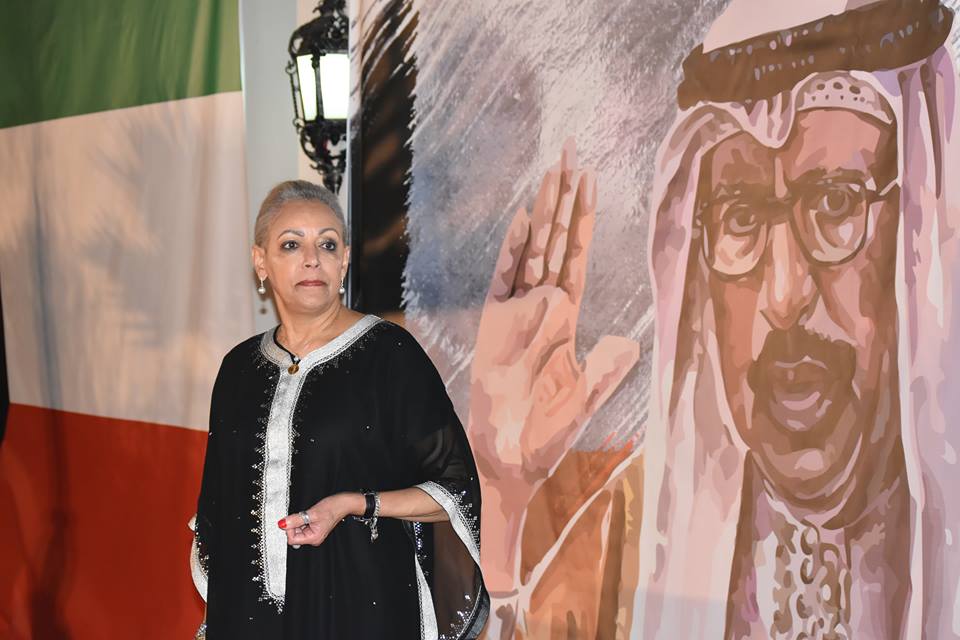
Can you tell us a little bit more about your father. We always are curious to know what is beyond the life of a king, especially in a country like yours.
I have to say that he was very good, well hearted and very strong as a person. He studied in England and came back to Kuwait with a lot of ideas about education. He didn’t put us, his kids, in any regular public school. We went to a very private English school. That was due to help from for the British Oil Company, as they have requested from my grandfather to build a school and a church. He said “I will give you both, the church and the school with my condition – you take my daughter and granddaughter and help them to get education in England.” That is why I got English education. My grandfather was the king from 1950 to 1965. He was a great man with vision and he made education obligatory for girls, which was never seen before. He wrote a law, which stated that any father that did not take his daughter to school would go to jail.
Can you tell a little more how this impacted your gross education and development in terms of women empowerment in your country?
Women become a lot more. Education gave women opportunity to challenge men through academic achievements. The higher the education achieved by women, the better the positions they could take. Now women are able to join position seven in military ranks.
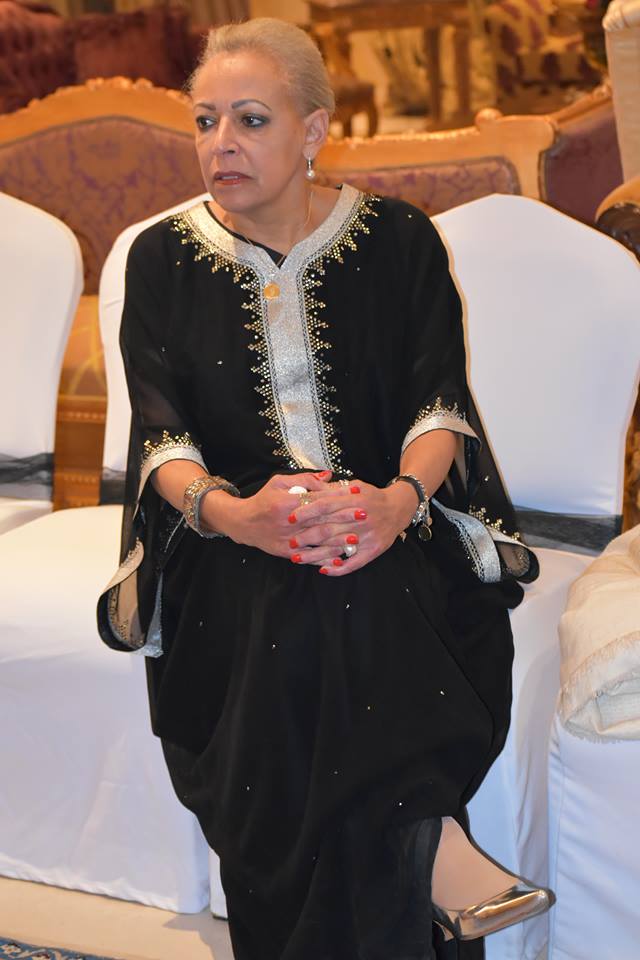
You seem to have a fully rich life, with a lot of investment, not only in education but also in yourself and in order to empower women around you. How did this desire to give back to humanity come to you?
My mother worked a lot towards gender equality. She was the head of Committee for Women Affairs in Kuwait. My mother was my ideal. She was a very active woman, very strong and powerful and education for her was very important. I think by following her example I started working on drugs prevention. There was a lot of drugs going around in Kuwait. During my work on this campaign for ten years, I was travelling a lot and met many business women in airports. They spoke to me and said, that they weren’t accepted in the centre of commerce to the public of Tunisia, to mention but one case. This sparked an idea to unite business women and this is how Business Women in Arab Countries council was created in 1999.
I must add, that my father supported me and before he died he said me ‘’You have a mission – your mission in life is to support women and to give them the chance that you had’’.
Do you think that money issues are related to women empowerment? What can we do in order to help women get their financial freedom?
The government should finance young entrepreneurs and push new generations to work in the private sector, rather than government-only services. In particular, we need to help women entrepreneurs, to go and join such business adventures. Our council is doing this in Africa, because there is a huge problem with poverty. I come from a country where poverty is completely eradicated. In 1965 equality was reached. There are no poor people anymore. What I would like to see is women coming together and helping other women and children to come out of poverty. When you see a baby dying from hunger, as a woman and as a mother, your heart breaks into pieces. That is why we try to raise funding with help from women, who are successful and financially independent to help women in need.
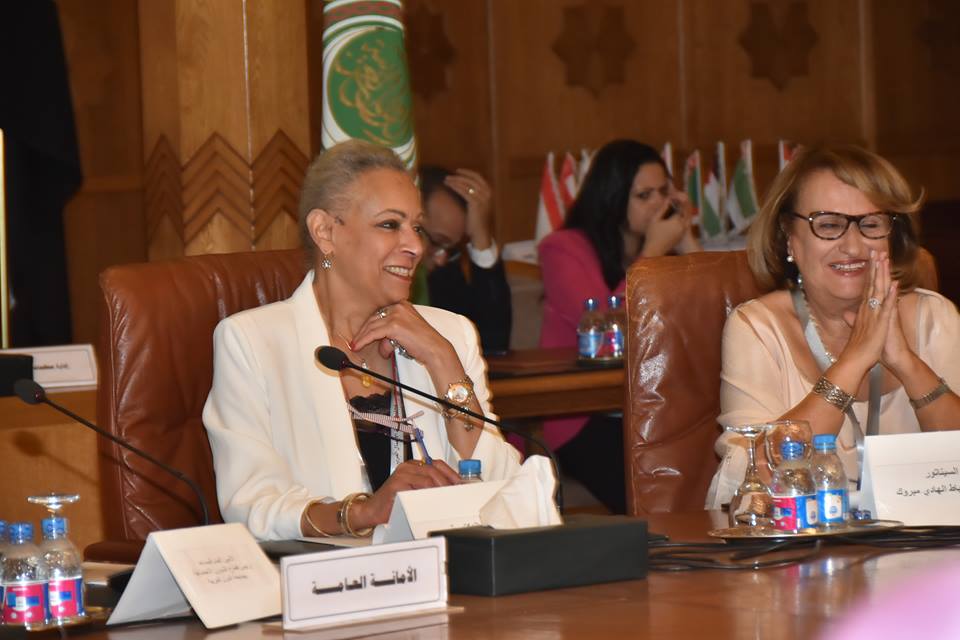
What would be three pieces of advice that you would give to any women wherever she is, in Africa, USA, Europe or Arabic countries?
First thing is that you have to believe in yourself. There are times when everything become so difficult and that feel like you just have to stop. But you always have to keep moving forward. Secondly, every woman should invest in education, skills, training, because that is a foundation that will guarantee your future job. Lastly, I know that women are always afraid to try something new. Women are scared of losing money. It is in our nature, because we are mothers, we always think that we have to maintain a stable income in order to feed our family. We are very scared of risking, because what would happen if I would lose my capital? I will tell you what would happen. You would start again. You might think, that it is easy for me to say, because I was born in a royal family. But I wasn’t brought up with a silver spoon. I had to work, I had to study, I had to prove myself in order to get what I wanted. I had to prove myself to my father, that I was worth the trust that he gave me. And I believe, that every woman can prove herself with hard work and a little bit of risk-taking.
*This interview is transcribed from the Global Woman Show with Mirela Sula





